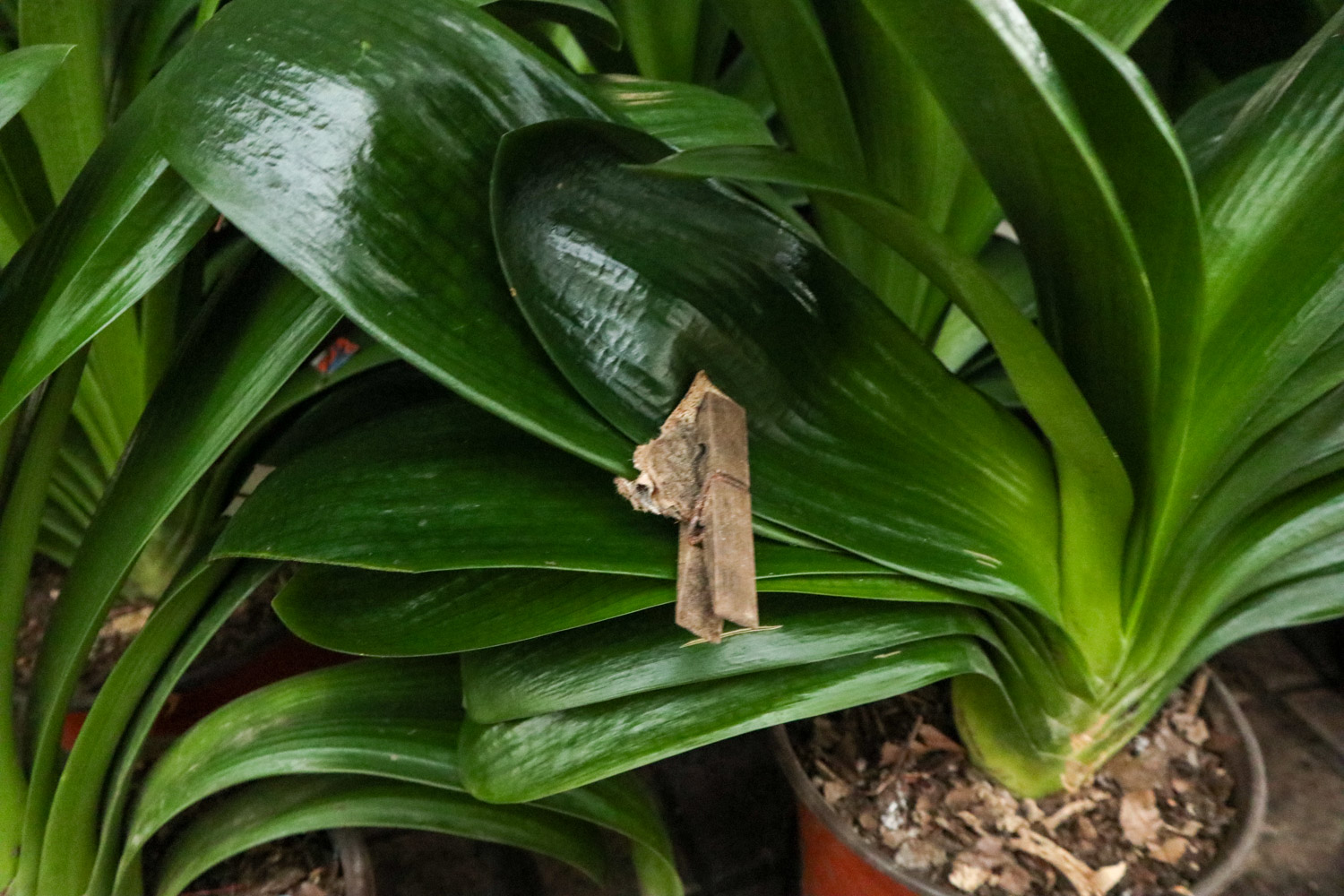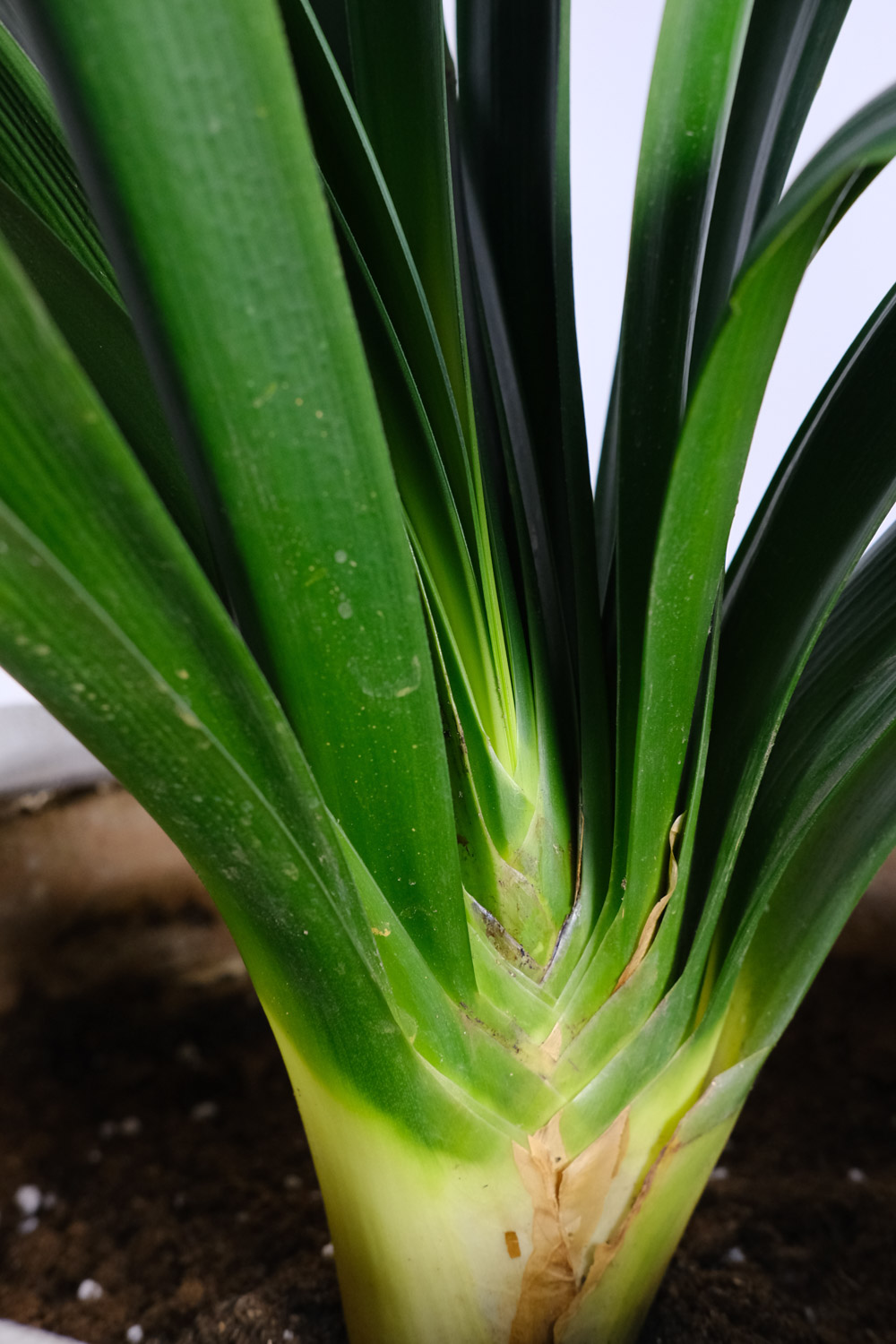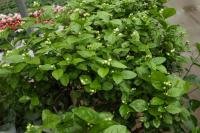1、 Is it easy to raise
Clivia is suitable for growing in a warm and dry environment. It is afraid of both heat and cold, so it is not easy to keep it well. If you want to make the plant grow more prosperous, you must create a good growth environment and avoid too high or too low temperature. In addition, pay attention to good ventilation at ordinary times to avoid too humid environment and reduce bacterial breeding

2、 Breeding method
1. Light: the growth of Clivia needs a certain amount of light, but it can neither be too strong nor too weak. Although strong light irradiation can make the flower color more colorful, the flowering period will also be shortened. If the light is too weak, it will cause the color to fade and affect its beauty. During the seedling period, 6 hours of light should be provided every day. Adult plants should receive 8 hours of light every day in spring, autumn and winter, and 2 hours of light in the morning of summer is enough

2. Soil: Clivia is suitable for growing in soil with good ventilation and drainage, and rich humus can provide nutrients for plants. Generally, pot soil is prepared with rotten leaf soil, pine needles, river sand and base fertilizer, and mixed in the proportion of 6:2:1:1. It should be noted that the leaf rot soil should use broad-leaved leaf rot soil, and the needle leaf rot soil cannot be used alone. The two can be used together, but the proportion should not be too high
3. Watering: Clivia has fleshy roots and good water storage, so it has strong drought tolerance and does not need more watering. If the air is dry, the temperature is high, and the water evaporates quickly, it is necessary to provide sufficient water for the plant. Otherwise, long-term drought will also cause damage to roots and leaves, affect the germination of new leaves, and lead to non flowering. Generally, when the soil is half dry, it can be watered to keep the basin soil moist without moisture

4. Fertilization: Clivia is a plant that likes fertilization, but fertilization should also be appropriate. First of all, when planting and changing pots, we should apply base fertilizer, that is, manure, compost, etc., so as to continuously provide nutrients. Secondly, topdressing should be appropriate during the growth period, generally with cake fertilizer, fish meal, etc. When fertilizing, remove 2-3cm of soil and bury it in it. Don't lean too tightly against the root. In addition, liquid fertilizer can also be sprayed, usually in the morning. After fertilization, water should be poured every two days to accelerate the absorption of fertilizer

 jackfruit
jackfruit snake plant
snake plant hibiscus
hibiscus hydrangea
hydrangea lavender
lavender Green roses climb al...
Green roses climb al... If you don't pay att...
If you don't pay att... Management of four g...
Management of four g...

































